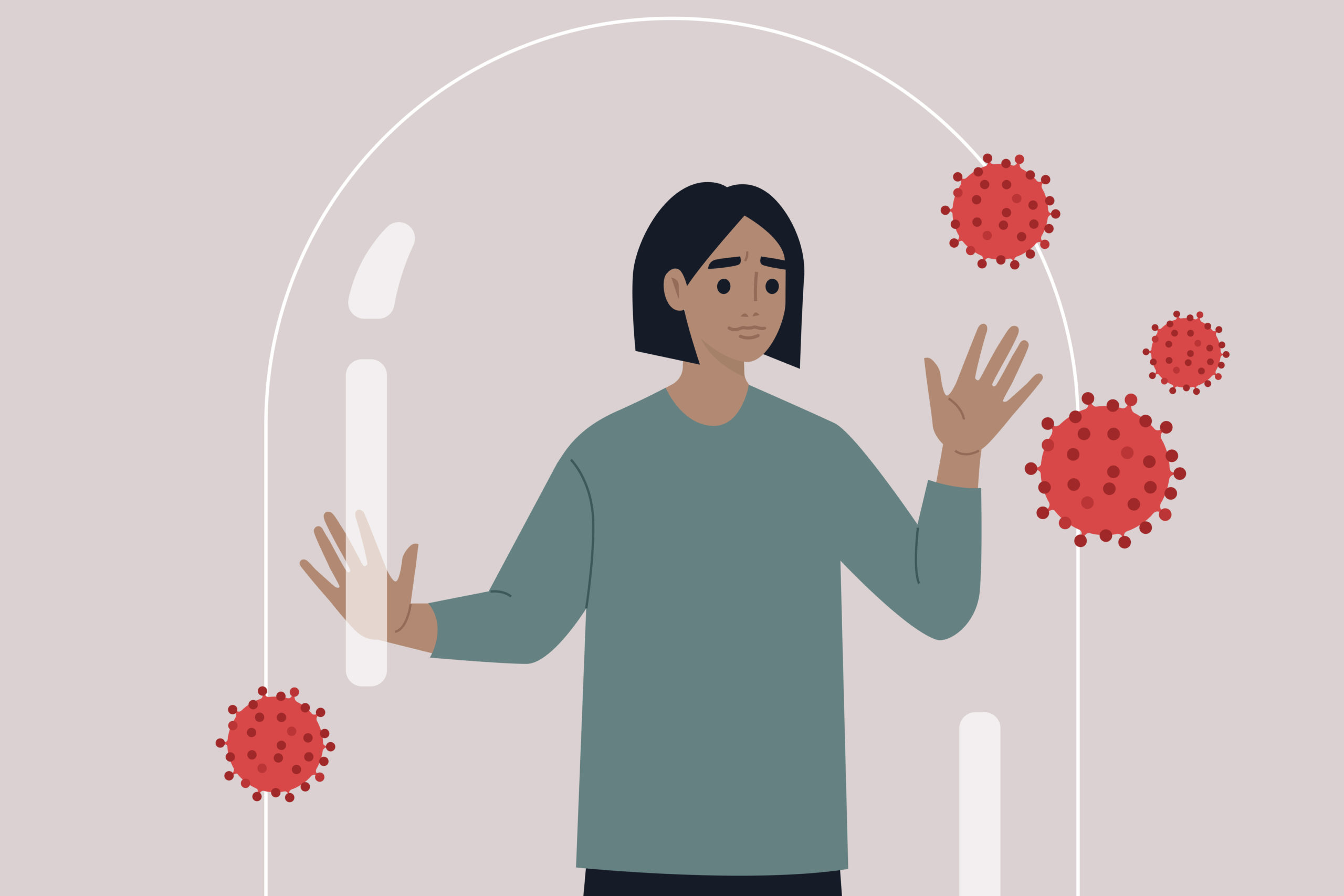Lockdown, loneliness, change, the rise of the social unrest, economic recession, job loses, schools closed, uncertainty. No wonder so many of us are struggling. We are experiencing unprecedented chaos in our daily lives. This new normal feels a lot more insecure which is having a big impact on our mental well being.
The New Reality & Managing Your Mental Wellbeing
Some of the more honest celebrities from Sharon Stone to Joe Wicks ‘the Body Coach’ are showing that this anxiety can affect everyone. Both have shared some great advice on wellbeing best practices to support our psychological and emotional health and well-being. There are many proven ways to help reduce stress, worry, loneliness, anxiety, and depression— and improve our ability to cope, connect, and thrive.
Many of these mental wellness practices focus on, diet and exercise. It is important now more than ever to make conscious and positive choices that help live a healthy lifestyle which give you the strength to cope. Creating a healthy set of habits and schedule that you stick to really does help re-wire your mental wellbeing – and the science backs that up.
It is especially important as you get older to make an effort to be healthy, as changes to how we feel which is controlled by our neural connections requires more effort. So if you want to lift the cloud, you need to make an effort to change habits, just like this diagram shows:

Figure 1. Brain plasticity across the lifespan (reused with permission)
We must push and challenge ourselves to get out of our comfort zones, get rid of the stress and grow. This needs to be balanced with rest and recovery. Although it is good to start exercising and be more active, you need to avoid burnout and pushing yourself too fast. The best approach is to commit to an active lifestyle that includes time to relax. Daily mental wellness is about self care.
Commit to Mental Well- Being
If you commit to mental wellness, you focus on building new habits that will change you can change your internal thought processes. Walking outdoors, healthy eating, meditation, deep breathing and talking openly with those you love are all great habits on the roadmap to wellness that the Global Wellness Institute outlines:
The Roadmap to Mental Wellness
Aerobic Exercise includes activities that raise the heart rate and breathing so you use more oxygen, like brisk walking, swimming, running, or cycling.
By engaging your heart, lungs, and muscles you are helping your brain and body to overcome the effects of stress through natural physiological processes only happen when you are active, you release endorphins = the happy hormone.
Emotional Awareness is being attuned of how you feel and cultivating habits that help you maintain a positive mindset. Being open and building trusting relationships is good for the brain. Committing to activities were you socialise online or outdoors, keeping a journal, meditation and deep breathing will all help you keep in touch and manage how you feel.
Environmental Engagement by being outside and in touch with nature. By walking, hiking and exploring we stimulate our senses and cause positive neural changes which enhance how we feel. So go outside, dance, play music, and feel the benefit in your head.
Meditation promotes higher level development in cortical areas with different types of meditation practices affecting different brain regions, eliciting distinct neural changes and corresponding benefits. Mindfulness meditation cultivates non-judgmental awareness, discipline, attention control, and emotional regulation. Transcendental meditation promotes calmness, restful alertness, and heightened self-awareness. Loving kindness and compassion meditation foster selflessness, empathy, and positive relationships.
Nutrition and Inflammation is one of the main biggest causes of poor mental health and illness. Our diet and gut microbiome have important roles in affecting our body’s inflammatory processes, which impact our brain’s health in numerous ways. Dietary changes such as not over eating, intermittent fasting, anti-inflammatory foods, antioxidants, supplements, and probiotics/probiotics help support the brain’s health.
Relaxation and Deep Breathing reduces stress and relaxes through activities such as yoga and tai chi. They help us reduce stress by making changes to our nervous system and reducing the impact of “fight/flight/freeze” branch of the nervous system.
Sleep is essential for overall health. Rest is vital to our overall health and often neglected. So avoid the late night Netflix binges and make sure you get regular good quality sleep. It supports mental health, keeping the mind and body more balanced.
There is so much we can all do to support our own mental well being. The best thing you can do is make healthy lifestyle choices, be active, social, and listen to how you feel inside.





